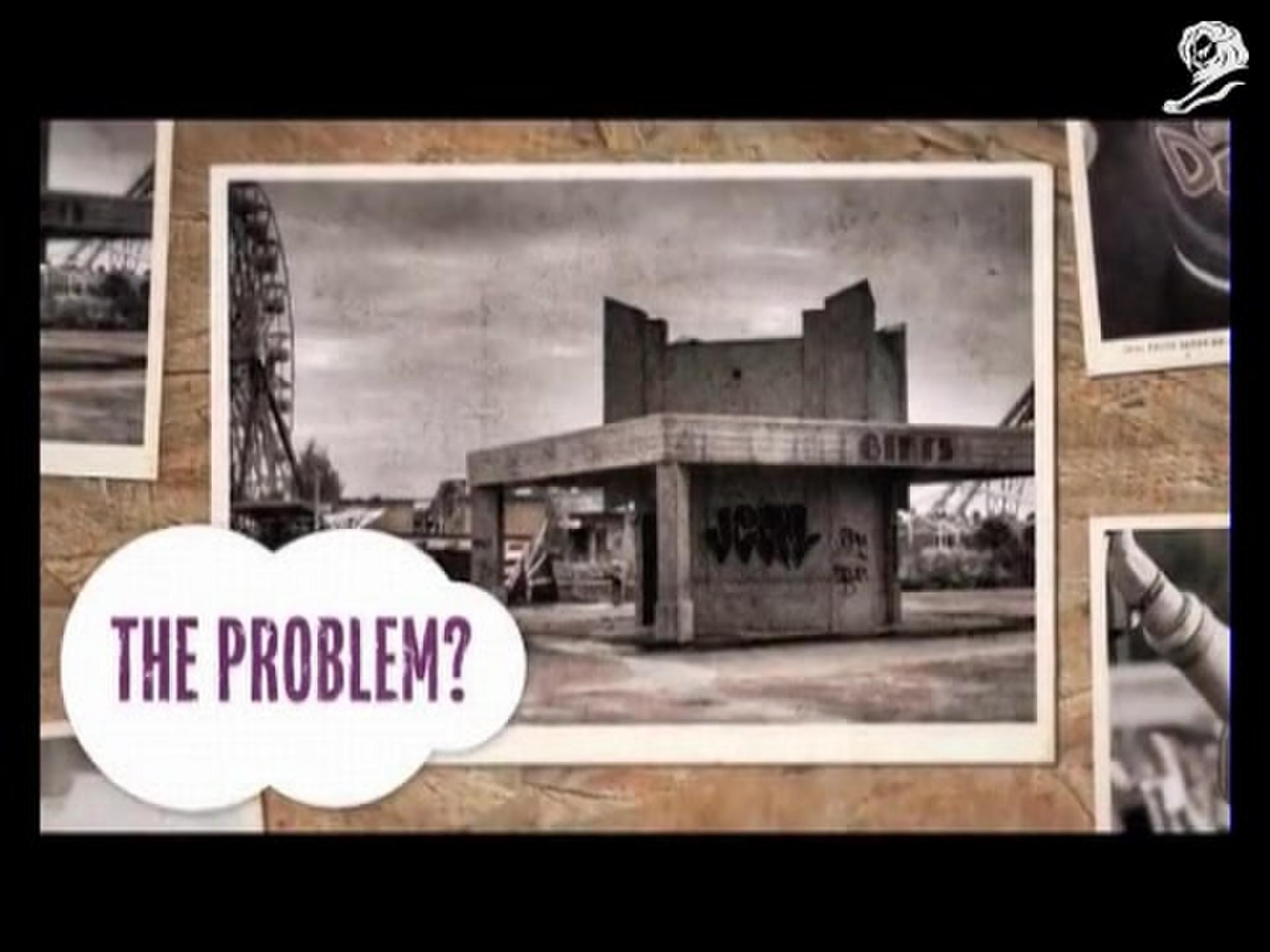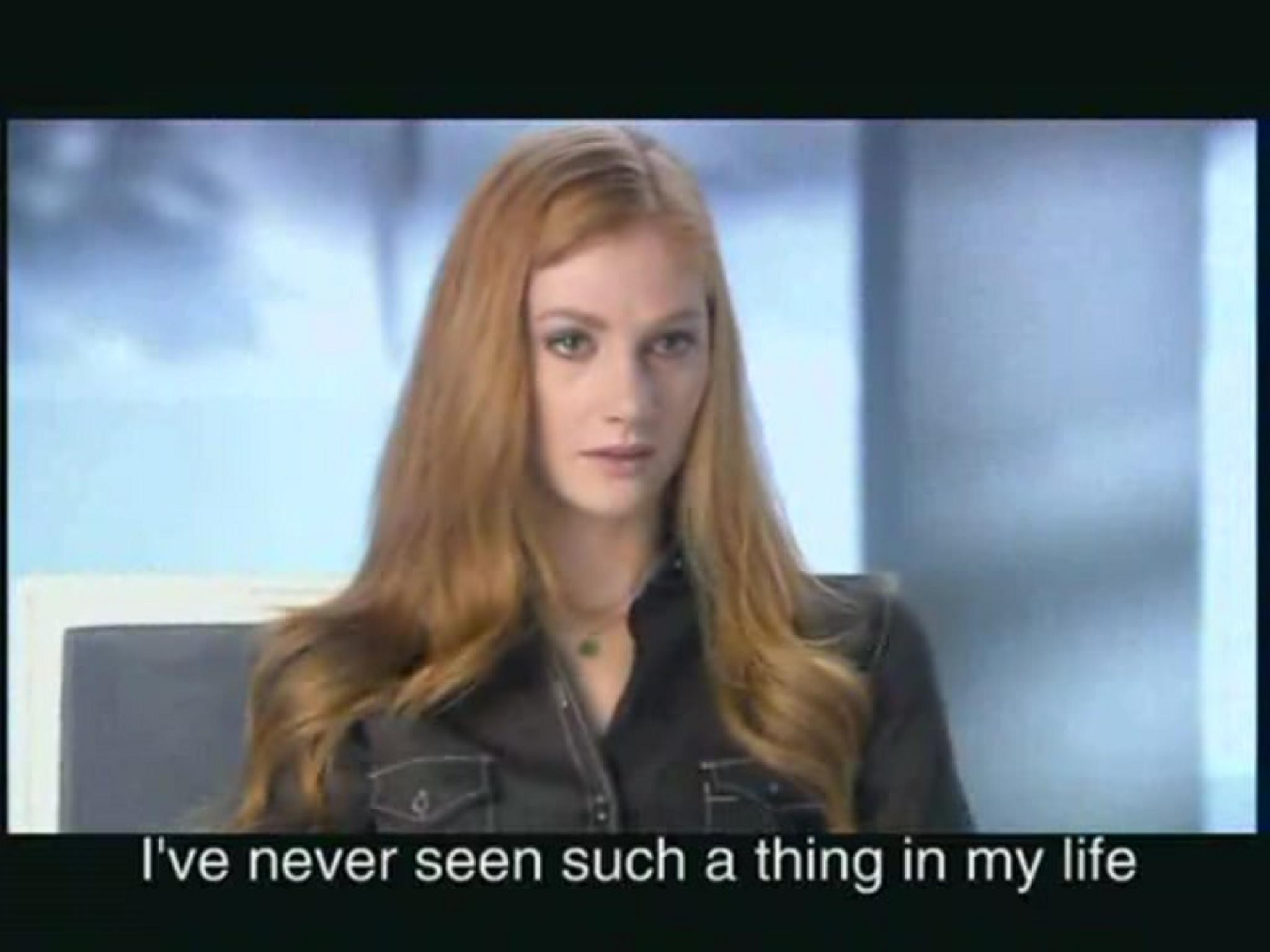Cannes Lions
The April O'Neil Project
DPZ&T, Sao Paulo / PIZZA HUT / 2024

Overview
Entries
Credits
OVERVIEW
Background
Pizza Hut's collaboration with Teenage Mutant Ninja Turtles was strategically chosen for multiple reasons. Firstly, it leveraged the strong association between the characters and pizza, tapping into the iconic connection deeply ingrained in pop culture.
But, much more than the turtles' favorite pizza, Pizza Hut is a brand with a global purpose of creating an Equal Slice for Everyone. And, understanding the lack of opportunities faced by black women worldwide, the brand aimed not only to bring attention to its products but also to build actions that would reduce inequality.
By leveraging the attention surrounding the film, Pizza Hut sought not only to promote its products but also to advocate for inclusivity and combat inequality.
This strategic collaboration served as a platform to amplify important discussions and make a social impact in practice.
Idea
What separates April and other young black women from protagonism are opportunities.
That's why, with The April O'Neil Project, Pizza Hut invites journalism students to publish their first critique of their careers and uses all the attention surrounding the film release as a platform for a much larger cause: black protagonism.
In their critiques, published across different news portals and in the pages of the Brazilian largest newspaper, the students brought their perspective on how in "Teenage Mutant Ninja Turtles: Mutant Mayhem," April is much more than a supporting character.
Their texts expose issues of racism, the desire to be seen, and the lack of opportunities they face.
Just like April, the aspiring journalists who took part in this initiative are rewriting history and showing that only through the occupation of spaces is it possible to create an equal slice for everyone.
Strategy
The campaign's goal was to reinforce the brand's commitment to creating an Equal Slice for Everyone.
Our strategy was to use the movie release as a trigger to introduce this purpose to the audience in the entire country.
We chose Folha de São Paulo, the main Brazilian newspaper, as a central amplifier of the message. In the print version of the newspaper, readers could find quotes from the critiques and, also, through a QR Code, access the full content online.
But we needed to go beyond reach. Especially because a partnership with such a large outlet separated us from other major news players.
It was necessary to engage audiences that had interest in the different layers of this issue.
So, as a supporting strategy, we spread the reviews across different portals of black culture, pop culture, and advertising.
Execution
We divide the execution in some phases.
Starting the conversation:
In an exclusive launch session for the movie, we invite iinfluential black Brazilian journalists to amplify the message of equality. On their social media platforms, they shared their journeys within journalism and promoted the initiative, including excerpts from interviews with the journalism students who were part of The April O'Neil Project.
Spreading the topic:
After the premiere event, we produced content featuring the highlights and empowering speeches from both the journalists and the students, amplified through media.
Occupying the pages:
The students' critiques were disseminated across the news platforms, the print version of Folha de São Paulo and others news portals, reaching a wide range of territories to attract individuals interested in the movie as well as black protagonism.
It all happened during the movie's screening period, redirecting the spotlight from the film to Pizza Hut's purpose as well.
Outcome
The critiques written by black female journalism students were published in the pages of the country's largest newspaper, reaching the homes of hundreds of thousands of Brazilians. When combined with other news portals where they were featured, they reached an audience that exceeds 1.5 million people.
In addition to generating significant visibility for stories written by black women, the initiative also created job opportunities: all the students entered Folha de São Paulo's talent pool. And that happened organically. After the critiques were published, their visceral words attracted so much attention that we were approached by one of the newspaper's chief editors, inviting the students to occupy that space.
On the internet, Pizza Hut engaged in conversations about black protagonism and equality. During the campaign period, there was an increase in brand favorability (20%), trust (2p.p), and awareness (4p.p).
Similar Campaigns
12 items






